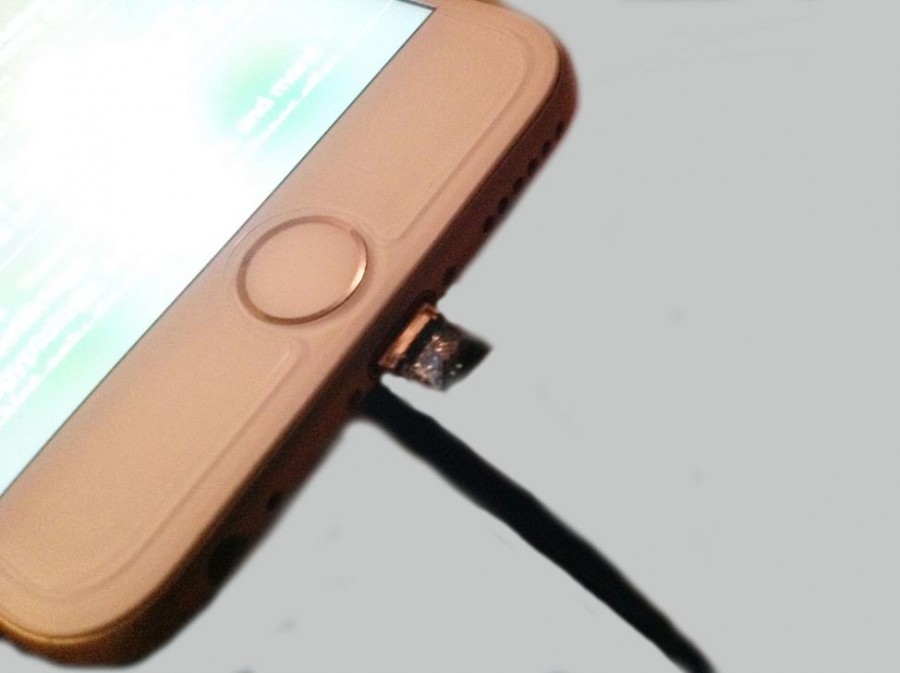Leave the cell-phone on a table, not under a pillow
A lot of people, Mercy girls included, are so attached to their cell phones that they are with them day and night – even keeping the gadgets under their pillows when they sleep. A very bad idea, yet many people still do this. According to the Pew Internet Project, 44 percent of cell phone owners have slept with their phone next to their bed. Unknowingly, these people inevitably prolonged the time until they fell asleep, and also put themselves in danger.
An alarming and dangerous effect of sleeping with your phone is the potential to set your pillow on fire. Don’t laugh; this actually happens. There have been many reports of cell phone batteries and charging cables overheating, which causes the cord to ignite. This may lead to a fire, burning not only your phone, sheet, and mattress, but possibly you as well. This is a more common occurrence when replacing phone batteries and chargers with off-brand products, but can occur with popular products as well. Bottom line: don’t sleep with your phone, and make sure to do a little research whenever you think you find a good deal on a phone charger or battery.
“I’ve heard about chargers and batteries catching on fire before, which is why I only use Surge protectors when I plug my phone in,” said senior Katherine Perlman.
Cell phones, or tablets like the iPad, continuously project electromagnetic radiation whenever they’re on. Leaving these devices on or under your pillow allows for you to be exposed to this radiation all night long. Although scientists are still unsure of what long-lasting effects this continuous radiation can have on someone, the World Health Organization warned in 2011 that usage may be possibly carcinogenic to humans, especially children, because their thinner scalps and skulls are more vulnerable to radiation.
Last but not least, cell phones – as well as tablets, TVs, and other gadgets with an LED screen – give off what is known as blue light, which is known to inhibit the production of the sleep-inducing hormone melatonin. This can disrupt your sleep pattern. The blue light is very similar to daylight, which can trick your body into thinking that it is daytime. Research suggests that in order to get a full night’s rest, all electronics should be powered down at least two hours before bedtime and they should not be in the sleeping area.
“I really haven’t thought about the dangers of phones and other devices catching on fire,” said Perlman. “I’m totally going to stop sleeping with my phone plugged in next to my head. I don’t want to burn my eyebrows off or anything weird.”

